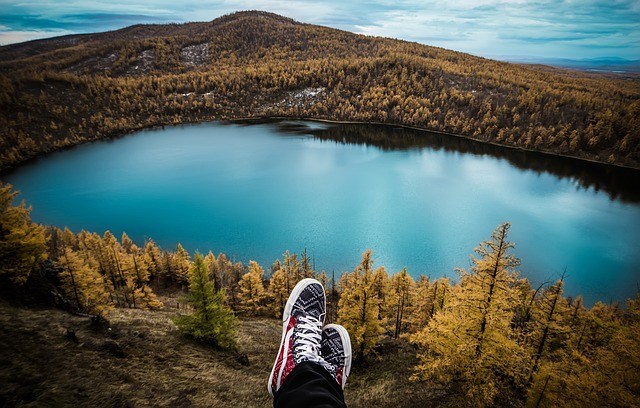Practice makes perfect in more ways than one, including learning to travel overseas. From long-haul flights to insurance fine print there’s a lot to deal with before you actually get to your destination.
Here are the essentials before you go to make the most of your next overseas trip
Skip the guidebooks and go for a more modern trip planning technique. For the best places to go in a city search social media and find out where regular visitors recommend. Here’s a few options for a good social media trip stalk:
- Search the geo-tag of a tourist spot you’re vibing to see what else is around
- Explore a city’s hashtag to give you fresh ideas other than the obvious touristy spots
- Look for dedicated travel accounts which are full of hidden gems
The best recommendations you’ll find through social media are similar to the ones you’d look for at home. It’s all the trendiest food spots, nicest natural wonders and where to find a shopping bargain.
Take the time to read through your insurance policy
Purchasing travel insurance is a must but reading the fine print is even more essential! Just because you think the most likely problem is lost luggage doesn’t meant that’s the only reason you’re taking out insurance.
Medical issues are the ones that will make you really glad you are covered.
But there are some common exclusions which trip people up. For example, most policies don’t cover high risk activities (like jet skiing or motorcycle riding) if they take place in high risk locales (like Bali and Thailand).
Another common exclusion these days is snow sports. It’s not part of regular insurance policies but can be added for an extra fee. Before your overseas adventure, read the policy guidelines for exclusions very carefully.
Pack like a pro
The bigger the case the better, right? Not so much; with weight limits to adhere to and precious toiletries to protect you actually want to choose the smallest suitcase you can. A small case means it will be tightly packed so no matter how much it gets thrown around en route to your destination, every item will stay firmly in place.
Which means you’re less likely to open a case full of damp clothes because your perfume broke. To keep breakable items extra safe always pack them in the centre of your case with a cushioning layer of clothes on each side. Think of it like the yolk of an egg and the clothes are your shell.
If you’re still worried about space choose a soft suitcase with expander and there’ll always be room for your shopping sprees.
Consider your home security
One downside to overseas travel is leaving your home unattended for weeks at a time. Rather than cut your trip short due to nerves, update your home security features so you feel safe leaving things alone.
Motion sensors and security cameras are no longer the domain of spy movies. You can find affordable options online and many even include phone or computer monitoring via an app. For extra peace of mind have a friend or family member check up on the place and water the plants while you’re away.
Having a healthy flight
Flying is a rather unnatural activity which messes with your body’s rhythms. To offset the effects of jet lag try to stay as healthy on the flight as possible. Taking probiotics for up to a week before you fly will help reduce bloating by ensuring plenty of good gut bacteria are in place. Adding Vitamin C, B6 and E will support your immune system so you don’t end up with a cold from the recycled air. Prevent muscle aches and blood clots by moving around the cabin every few hours. Lastly, staying hydrated is key to looking and feeling fresh when you land. Aim for 200mls of water per hour in the air.
Make your first day or night count
Even though you’ll be tired from all the travelling it’s a good idea to make plans for that first day or evening in your new locale. It helps get your mind and body onto the new time zone and you make the most of the precious hours you have overseas.
If you arrive in the morning stay awake all day to combat jet lag and plan a relaxing activity. Taking a wander around the area you booked your accommodation is an easy way to familiarise yourself with transport and food options without getting lost or being more than 10 minutes from bed when your energy falls away.
For evening arrivals planning one simple activity is going to give your body a chance to decompress and reset from the flight before you head to bed. Observation towers open at night are a great option for minimum effort or checking out local markets for dinner sorts out both food and tourist-ing on the first night.
***
This article is a private opinion and it shouldn’t be considered as advice.

